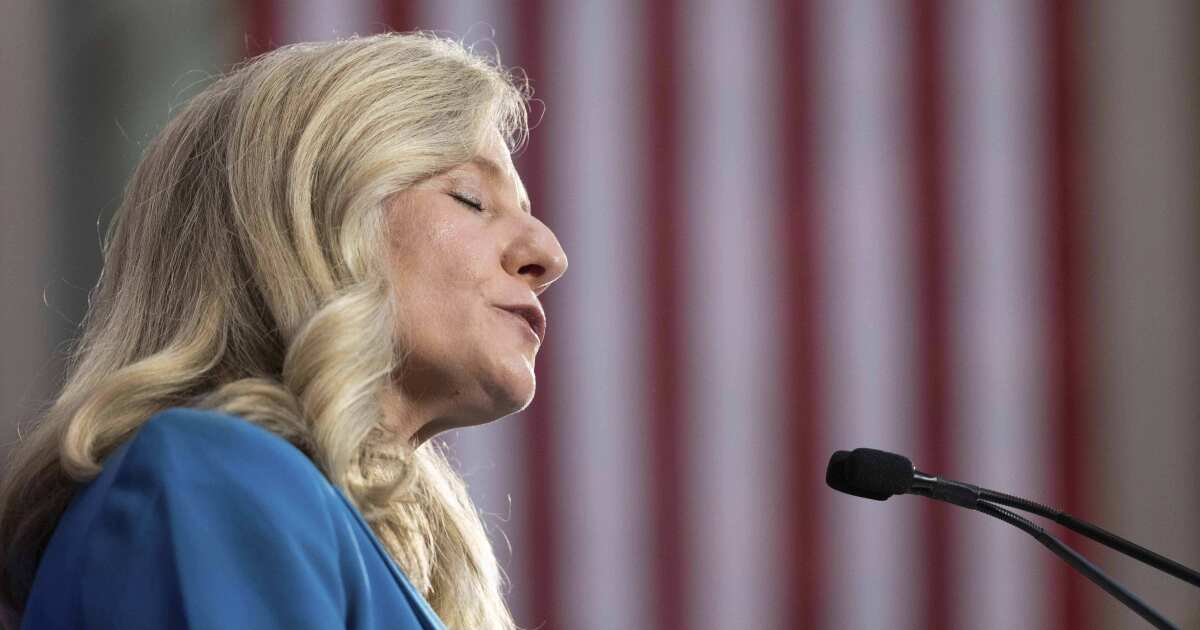Local authorities in holiday hotspot Albufeira, Portugal, have warned that the new rules will be “enforced strictly” and that the code of conduct will be in place year-round
Tourists now face fines for misplacing shopping trolleys in a popular European destination keen to crack down on bad behaviour.
British travellers visiting Portugal this year risk fines of over £1,570 for breaking new public rules in the popular holiday destination of Albufeira. The fines range from a minimum of €150 to €1800 (£130-£1570) for ignoring tightened restrictions, which include misplacing shopping trolleys, lighting barbecues on the beach, and creating excessive noise.
Local authorities have warned that the rules will be “enforced strictly” and that the code of conduct will be in place year-round.
Over the years, Albufeira has become one of the most popular tourist destinations in Portugal. With its stunning coastline, buzzing nightlife, and holiday appeal, it is easy to see why it attracts hundreds of thousands of visitors every year. But that popularity has come with some cost.
READ MORE: Hotels and airports overwhelmed as visitors to one country dump their bagsREAD MORE: I rang up the AI travel agent that’s so good people have asked it out on dates
A small number of visitors are engaging in disruptive, disrespectful or even dangerous behaviour. This has had an outsized impact on the town’s quality of life, particularly in peak season. From rowdy public drunkenness to inappropriate conduct in public spaces, these incidents have prompted concern from residents, visitors, business owners, and local authorities.
Following a year of work, the local authorities have unveiled a new code of conduct. It was put together through consultation with police, businesses and civil society organisations.
Signs have been placed across the city centre area to remind tourists and locals alike of the new rules. Authorities say the crackdown follows several high-profile incidents of disruptive behaviour last year, including viral videos of British tourists engaging in indecent acts on the main party strip.
Fines being introduced in Albufeira include:
- Wearing swimwear outside of authorised areas – €300 to €1,500 (£260–£1,300)
- Street drinking, urination or defecation in public – €300 to €1,500
- Public nudity or sexual acts in public – €500 to €1,800 (£435–£1,570)
- Sleeping in public or unauthorised camping – €150 to €750 (£130–£650)
- Spitting in public – €150 to €750 (£130–£660)
- Abandoning shopping trolleys/carts – €150 to €750
“With a €144 million investment in projects across the municipality over the last four years, Portugal is pushing to protect locals and keep its reputation as a family friendly destination.” an expert at One Sure Insurance explains.
“We are seeing fines introduced across Europe which could lead to tourists being caught out. Portugal is looking to introduce some steep fines, so we are asking British travellers to consider these new rules when on holiday to avoid unexpected costs to their trip.”
If you’re concerned about accidentally breaking one of the rules, you can speak to tourist information offices, hotel staff, your country’s consulate or local police for more details. In emergencies, dial 112.













